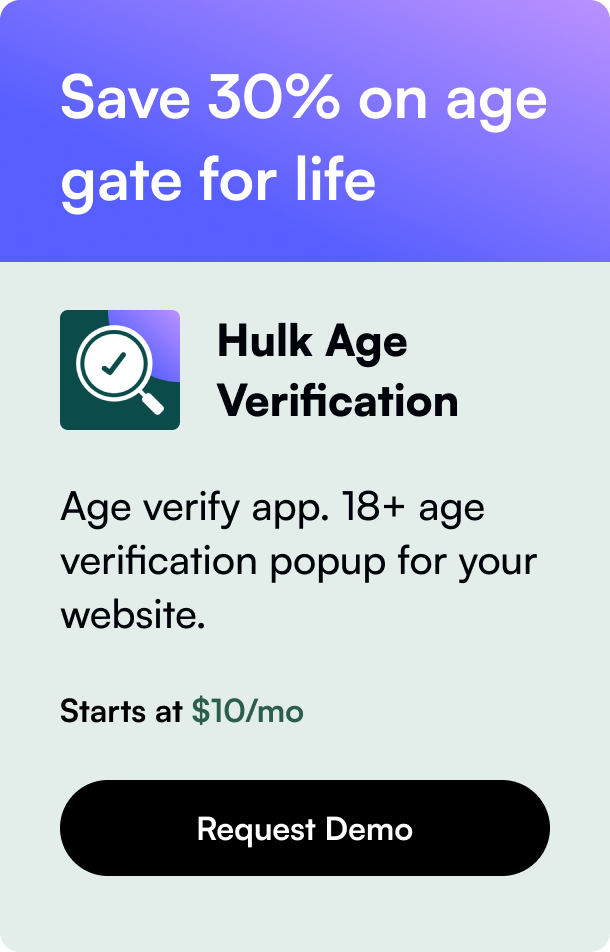Table of Contents
- Introduction
- Why Consider Pausing Your Shopify Store?
- Method 1: Password Protect Your Store
- Method 2: Utilize the Pause and Build Plan
- Bonus Strategy: Hire a Virtual Assistant
- Understand the Pros and Cons
- FAQs
- Conclusion
As a Shopify store owner, stepping away for a vacation or break is essential, but what about your online presence while you're gone? You wouldn't want to miss out on potential sales, nor would you want your customers to feel neglected. In this post, we'll delve deep into the process of setting your Shopify store to vacation mode, ensuring a seamless transition for both you and your customers.
Introduction
Have you ever wondered how to take a break without putting your online business at risk? Whether it's for a well-deserved vacation or an unexpected life event, the need to pause your Shopify store temporarily can arise at any time. Unlike brick-and-mortar businesses that can simply put up a "Closed" sign, ecommerce platforms like Shopify require a more nuanced approach to go on hiatus. Surprisingly, Shopify does not offer a direct "Vacation Mode" feature, but there are efficient workarounds to achieve this. In this blog post, you’ll learn the ins and outs of putting your Shopify store on vacation mode, ensuring that your business remains secure and SEO-friendly during your absence.
Why Consider Pausing Your Shopify Store?
Before we dive into the how-to, let's understand the significance of pausing your store. Going on vacation, dealing with family emergencies, or simply taking time off for maintenance and updates are valid reasons for temporary closure. Besides providing you with peace of mind, pausing your store offers several benefits:
- Maintains Customer Trust: By informing customers of your absence, you set proper expectations for order processing and delivery times, preventing customer dissatisfaction and protecting your brand's reputation.
- Preserves SEO Efforts: Properly pausing your store ensures that your search rankings aren't negatively impacted by temporary closure.
- Cost-Effective: Certain methods of pausing your store can reduce your Shopify subscription fees during the hiatus.
Method 1: Password Protect Your Store
For short-term breaks, password protecting your store is a straightforward solution. This method blocks customer access to your store without affecting your SEO standing, as your site remains indexed by search engines. To implement:
- Navigate to the "Online Store" section within your Shopify admin dashboard.
- Select "Preferences" and enable the password page.
- Customize your password page message to inform visitors of your temporary closure and when they can expect your return.
Remember to disable the password protection and announce your comeback through emails or social media to re-engage your customers once you return.
Method 2: Utilize the Pause and Build Plan
For longer vacations, consider the Pause and Build plan. This option keeps your store online and searchable, but disables checkout functionality, reducing your monthly subscription cost to a nominal fee. Here’s how:
- Go to "Settings" and select "Plan."
- Choose "Pause and Build," which will deactivate checkout but allow your store to operate in a browse-only mode.
While in Pause and Build, you can still work on your store’s backend, making it ideal for longer breaks or seasonal businesses.
Bonus Strategy: Hire a Virtual Assistant
If turning off transactions isn’t appealing, hiring a virtual assistant (VA) can keep your store operational in your absence. A VA can manage orders, customer inquiries, and other administrative tasks, ensuring business continuity and customer satisfaction.
Understand the Pros and Cons
Before deciding on vacation mode, weigh the following:
Pros:
- Maintains customer trust by communicating unavailability.
- Preserves SEO ranking and online visibility.
- Offers cost savings on Shopify subscription fees during the break.
Cons:
- Potential loss of revenue if opting for the Pause and Build plan.
- Need to manage customer expectations effectively.
FAQs
Can I automatically resume my store’s full functionality upon return?
You'll need to manually remove the password protection or switch back from the Pause and Build plan upon your return to reactivate full store functionality.
Will pausing my store affect my Shopify SEO?
If done correctly using the outlined methods, your SEO should not be negatively impacted. The key is ensuring that your store remains indexable and communicates clearly to visitors and search engines that it's temporarily unavailable for transactions.
Can customers still view my products in vacation mode?
Yes, with the Pause and Build plan, customers can browse your products but won’t be able to make purchases.
Is there a way to notify customers when my store resumes normal operations?
Absolutely! Utilize email campaigns, social media announcements, and website banners to inform your customers that you’re back and perhaps even offer a welcome-back promotion.
Conclusion
Putting your Shopify store on vacation mode requires careful planning and consideration to ensure minimal disruption to your business and customer experience. Whether you choose to password protect your store for a short break or utilize the Pause and Build plan for extended time off, the key is clear communication with your customers. And for those who can’t fully step away, hiring a virtual assistant might be your perfect solution. Whatever method you choose, enjoy your break knowing your Shopify store is well-prepared for your absence.
Remember, taking time off is crucial for your well-being and can ultimately lead to a more successful and sustainable business. Safe travels, and here's to a refreshing break!
Driven by the expertise of our content engine.







